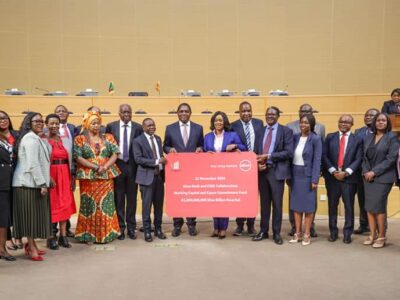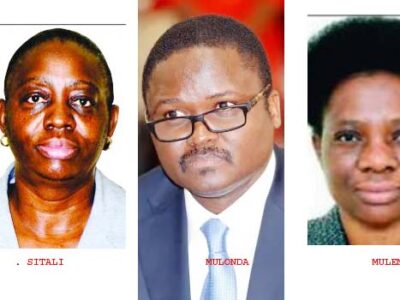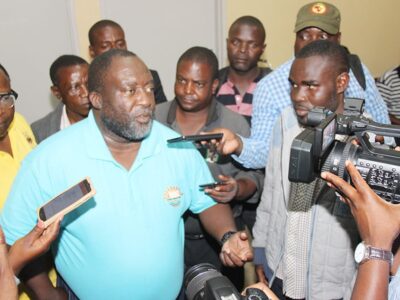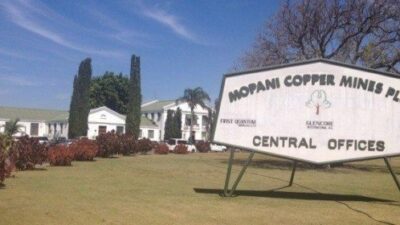Kasonde Mwenda, president of the Economic Freedom Fighters (EFF), has announced plans to challenge the legality of the high-resolution aerial geophysical survey recently initiated by President Hakainde Hichilema.
Mwenda argued that the survey was illegal and had called on the government to suspend it until all necessary legal requirements were met.
He warned that if these issues were not addressed, the EFF would pursue legal action to uphold the Zambian Constitution and protect citizen interests.
Mwenda contended that the advanced airborne geophysical technology used to map hidden geological resources must comply with several legal standards.
He claimed the survey violated both constitutional and international laws regarding the rights of indigenous peoples.
According to Mwenda, both the Zambian Constitution and international agreements, like the United Nations Declaration on the Rights of Indigenous Peoples (UNDRIP) required consultation and consent from indigenous communities before such activities were conducted on their lands.
The EFF asserted that this consent was not obtained, rendering the survey illegal.
Another concern raised by Mwenda was the lack of an Environmental Impact Assessment (EIA).
Zambian law mandates an EIA for activities with potential environmental consequences, particularly in ecologically sensitive areas.
The EFF claimed this assessment was not conducted, further questioning the survey’s legality.
Additionally, Mwenda highlighted breaches of regulations concerning protected areas, noting that mapping operations involving national parks and wildlife reserves require special permits due to legal restrictions aimed at protecting wildlife and natural habitats.
The EFF argued that these permits were not secured, casting further doubt on the survey’s compliance.
Mwenda also raised issues related to property rights, noting that even though the survey was government-led, there was a legal obligation to inform or obtain consent from private landowners if their properties were affected.
Read More: Chamber of mines applauds govt’s decision to execute own aerial geological surveys
The party also argued that national security concerns was also at play, particularly due to the involvement of foreign entities in the survey.
Mwenda pointed out potential risks related to data sharing and foreign control of critical resources, arguing that security protocols for these foreign partnerships were not addressed.
Finally, Mwenda emphasized the implications for international law, given that the survey could cover areas near international borders.
He criticized the government for not coordinating with neighboring countries to avoid potential disputes, suggesting that the survey could be a source of regional conflict.
Mwenda called on the government to address all legal requirements before proceeding with the survey, asserting that without proper legal compliance, the survey remained illegal and contentious.
WARNING! All rights reserved. This material, and other digital content on this website, may not be reproduced, published, broadcast, rewritten or redistributed in whole or in part without prior express permission from ZAMBIA MONITOR.












Comments